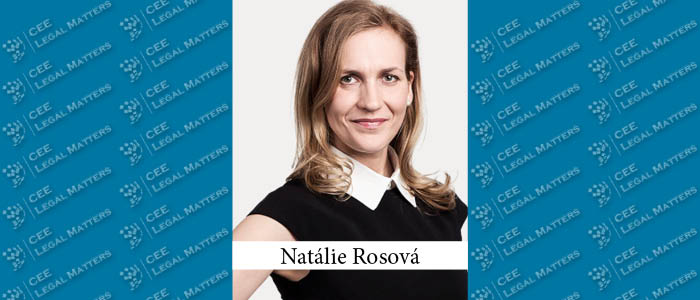After a delay of more than a year, an act on preventive restructuring (the "Act") implementing the EU directive on preventive restructuring frameworks finally became effective in the Czech Republic on 23 September 2023. The long-awaited Act introduces a brand-new legal tool preventing the insolvency of viable enterprises in temporary financial distress.
What is preventive restructuring and why use it?
Today a distressed company may try to achieve an out-of-court arrangement with its creditors requiring the consent of all affected creditors with the terms of the restructuring. If a timely agreement with all affected parties cannot be achieved, the distressed company risks the deterioration of its financial situation or even insolvency, which can only be resolved by means of formal insolvency proceedings.
The aim of the Act is to enable debtors to restructure effectively at an early stage and to avoid insolvency, preventing the unnecessary liquidation of viable enterprises and restoring them to health. It is a voluntary and flexible process requiring cooperation with creditors, but not necessarily with all of them. This is the situation for which preventive restructuring is primarily intended.
Who can use it?
Access to preventive restructuring is limited to corporate debtors (legal entities, not natural persons) that meet the following fundamental conditions:
- the company should be in good faith regarding the restructuring, viability and restoration of the business;
- the company is not insolvent in the form of illiquidity (platební neschopnost) (cash-flow insolvency) – preventive restructuring should not apply in case of serious insolvency situations, but is aimed at the continuation of the business by restructuring its assets and liabilities and by implementing operational changes; over-indebtedness is not an issue from the perspective of eligibility to use preventive restructuring;
- the financial difficulties are so serious that if the proposed restructuring measures are not implemented, the company would become insolvent; this should exclude the preventive restructuring of financially healthy entities attempting to manipulate their creditors or business partners to provide advantages or relief beyond the ordinary course of business;
- generally, preventive restructuring is excluded in cases where the business entity has a dishonest intention (nepoctivý záměr) – the Act clarifies this vague term by providing a demonstrative list of these situations.
Main features
Since the Act introduces a wide range of new preventive restructuring measures, only some of the most distinctive aspects illustrating the preventive restructuring framework will be mentioned.
Restructuring with key creditors only
Compared to insolvency proceedings, preventive restructuring does not have to involve all the existing creditors of the company. The circle of creditors (affected parties) is chosen by the company itself and will likely include the key creditors only – usually the banks and the top business partners. The claims of the unaffected parties will be set aside as unaffected and will be satisfied within the due dates in full.
Protection for new and interim financing
The Act provides for special protection of new and interim financing (such as protection against claw-back actions in case of future potential insolvency), which should create a framework for the willingness of creditors, primarily banks, to provide new financing to the distressed company.
Cross-class cram-down
Although preventive restructuring is based on the broadest possible consensus between the company and its creditors, when it comes to intended restructuring measures indicated in the restructuring plan, it is possible, subject to certain conditions, to "impose" the agreement on dissenting creditor(s).
Limited court involvement
During preventive restructuring the court will be involved only partially and subject to specific conditions, e.g. in case a general and individual moratorium is declared or if a restructuring plan not approved by all affected creditors is confirmed.
Limited publicity
Preventive restructuring is primarily based on informal and private negotiations between the company and affected creditors. To avoid stigmatising the company, the publicity of the whole process is significantly limited compared to insolvency proceedings. Not all the documents will be published in the restructuring register, but only the most important ones, such as declaration of general moratorium or confirmation of restructuring plan.
Protection of the distressed company
The Act also gives the company powerful tools in the form of general or individual moratorium (general/individual stay) providing protection against enforcement actions of secured and unsecured creditors and against discontinuation of key contracts. Both types of moratoria can have significant implications for creditors' rights and in extreme scenarios may theoretically last up to 12 months.
Weaknesses
Despite the exceptionally long legislative process, it is already clear that the preventive restructuring framework in the Czech Republic has not avoided some shortcomings. Compared to reorganisation under the Insolvency Act, there is no tax exemption for profits from debt relief, i.e. the income of the debtor generated by debt relief based on the restructuring plan may constitute taxable income. Also, no online restructuring register has been launched yet and all information will need to be checked on the official boards of the respective regional courts.
Conclusion
It remains to be seen what changes preventive restructuring will really bring to Czech insolvency law and market players, and whether and how it will be used in practice. Clearly it will create opportunities for debtors and creditors, but also challenges, especially for creditors affected by the restructuring plan and potential financing parties.
By Natalie Rosova, Attorney at Law, Schoenherr



